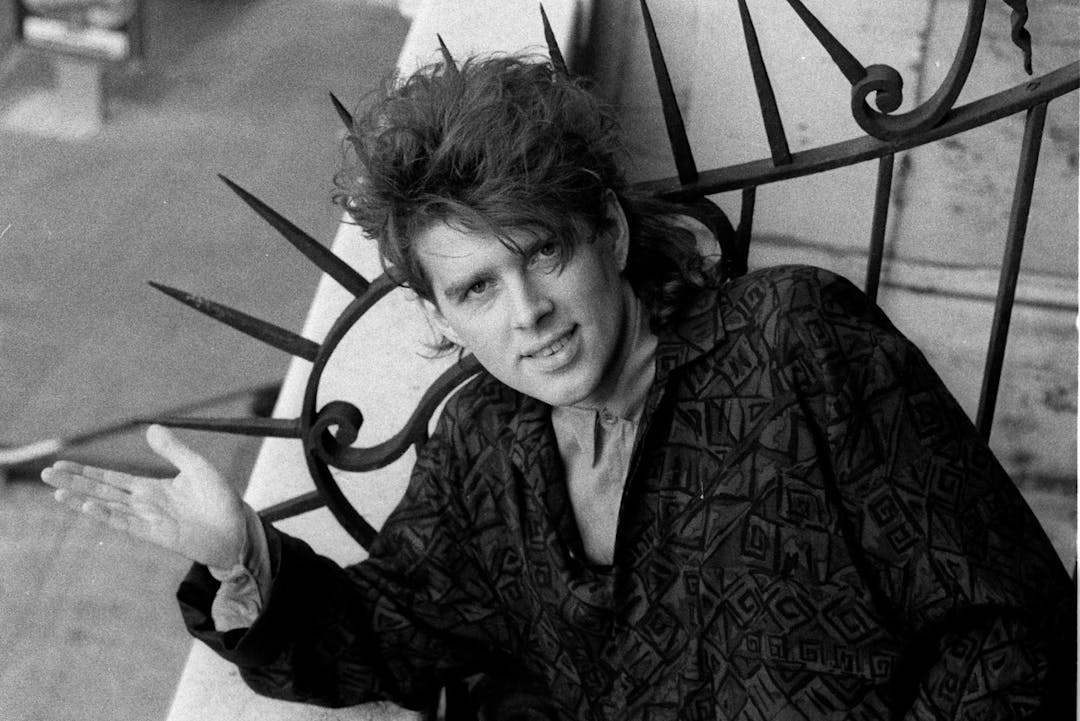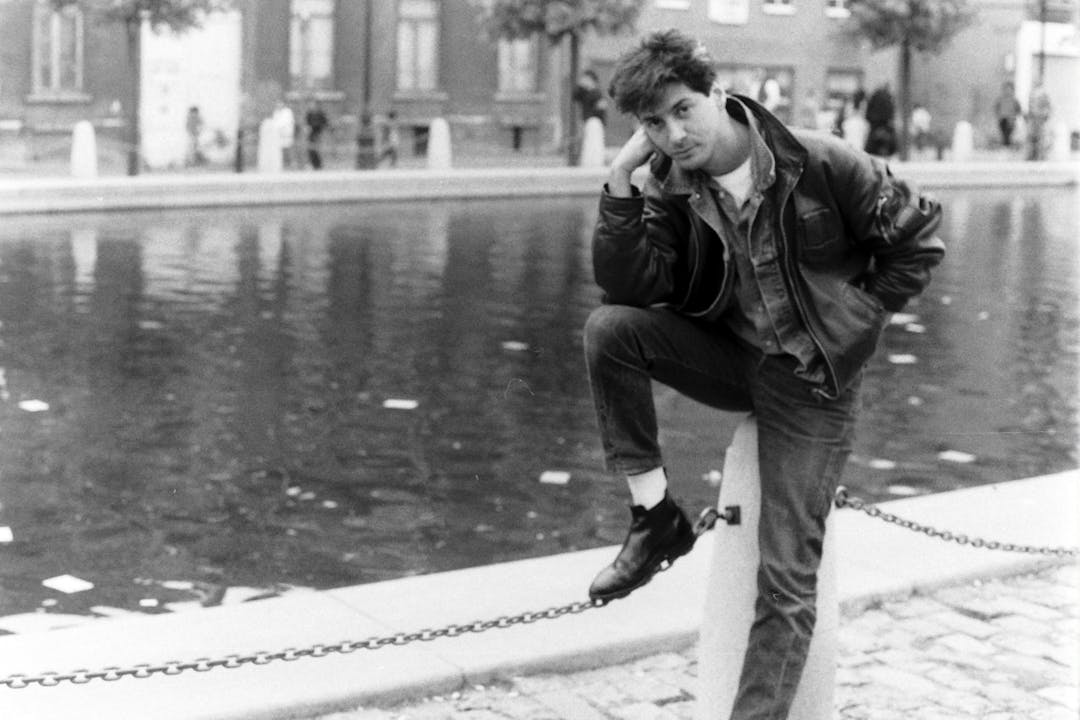
TAGTIK NEWS - TO THE POINT
In France, new illness eats away at society and threatens mental health

According to a study conducted by the Agency for Ecological Transition (ADEME) and published on 15 April, 4.2 million French people are likely to develop various anxiety disorders (even depression) due to a specific topic taking up a significant place in their lives.
In France, millions of people are said to be concerned about the climate. Due to the raging environmental crisis, they reportedly suffer from severe anxiety. According to France Bleu, 420,000 of them could even be at psychopathological risk, meaning they could suffer from “reactive depression or anxiety disorder”.
To tackle the matter of eco-anxiety and successfully conduct their investigation, the researchers surveyed 42 million French people aged between 15 and 64. The results? 2.1 million participants reported being “strongly affected” by eco-anxiety, and 2.1 million are “very strongly” affected. Conversely, 31.5 million people living in France aren't affected. “Given the magnitude of these figures, eco-anxiety can be considered a public health issue. No sociodemographic category is spared by eco-anxiety. Contrary to popular belief, it affects French people of all ages,” emphasises the ADEME.
Ultimately, it's a blessing in disguise
Among the most affected groups are young people aged 25 to 34. Older participants, aged 50 to 64, say they're concerned but are impacted by less severe forms of anxiety, reports Demotivateur. Although women are generally more affected by eco-anxiety than men, men reportedly develop much more severe symptoms of anxiety. Finally, French people who have obtained a diploma are more eco-anxious than those without. City dwellers are also very concerned about climate change.
The authors of the study, despite these figures raising some concerns, claim that eco-anxiety is a positive thing. Awareness is rising, prompting people to work towards the good of the planet. “Eco-anxiety is not just bad news. It's also good news for environmental transition, provided that these sufferings are and will be surpassed by the move to eco-action, the best treatment for eco-anxiety, as long as the eco-anxious are supported or their distress doesn't worsen,” say the researchers.
(MH with Raphaël Liset - Source: Demotivateur - Illustration: ©Unsplash)
LATEST NEWS

RIP: The legendary Tucker Zimmerman has passed away at the age of 84.

Born on January 18: Tom Bailey (Thompson Twins) always calls his "Doctor! Doctor!"

Born on January 17: Françoise Hardy left to find the stars in 2024

Born on January 16: Sade, the discreet gem of British soul music

Born on January 14th: Etienne Daho, always full of musical notes...

Born on January 13: Suggs (Madness), the sweet English ska madness from the 80s
Quick links